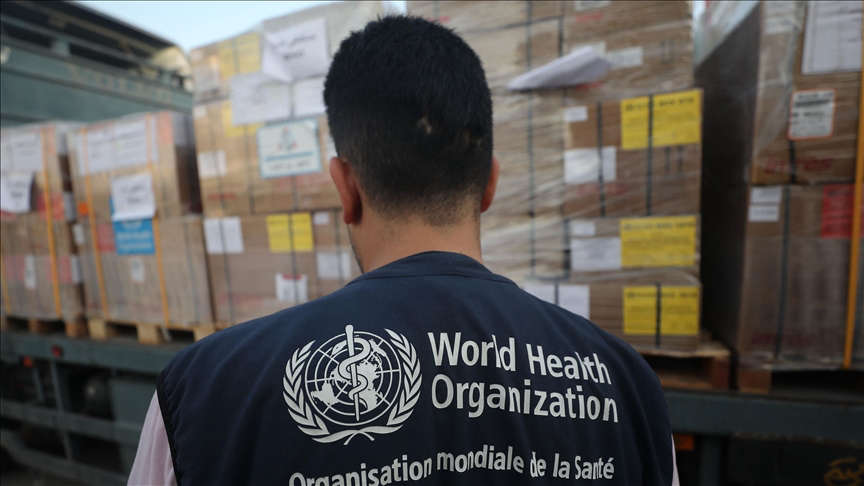
Member States of the World Health Organization (WHO) have approved a 20 percent increase in membership fees, endorsing a $4.2 billion budget for 2026-2027.
Despite economic challenges, this decision underscores global support for WHO's mission. Dr. Tedros Ghebreyesus, WHO Director-General, expressed gratitude for the confidence shown in the organization’s role in global health.
The increase aims to address funding shortfalls and reduce dependency on a few donors.
Previously, member contributions formed only 16 percent of the budget for 2020-2021. The new budget aligns with WHO’s strategic plan for 2025-2028, focusing on sustainable financing amidst global financial shifts.
Funding the World Health Organization
The WHO’s funding structure traditionally relies on a mix of assessed contributions from member states and voluntary contributions from various donors.
Assessed contributions, determined by member states' economic status, accounted for a small portion of the budget—16 percent in the 2020-2021 cycle.
Major funding often comes from voluntary contributions, with significant amounts historically provided by countries like the United States, the United Kingdom, and philanthropic organizations like the Bill & Melinda Gates Foundation.
In the last budget cycle, these voluntary contributions covered the majority of the WHO’s programmatic needs, highlighting the need for more predictable and diversified funding.


